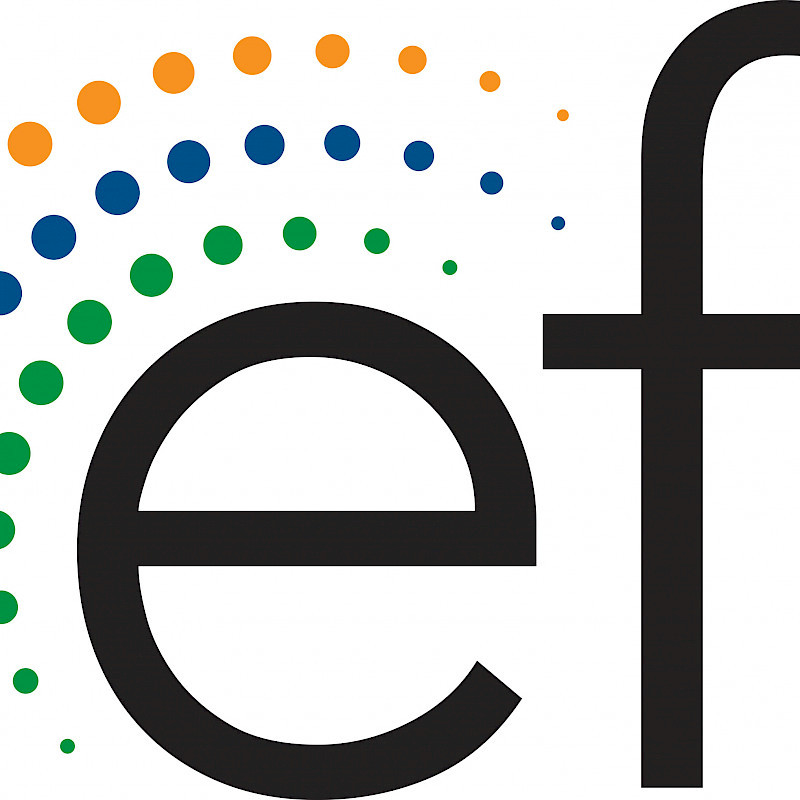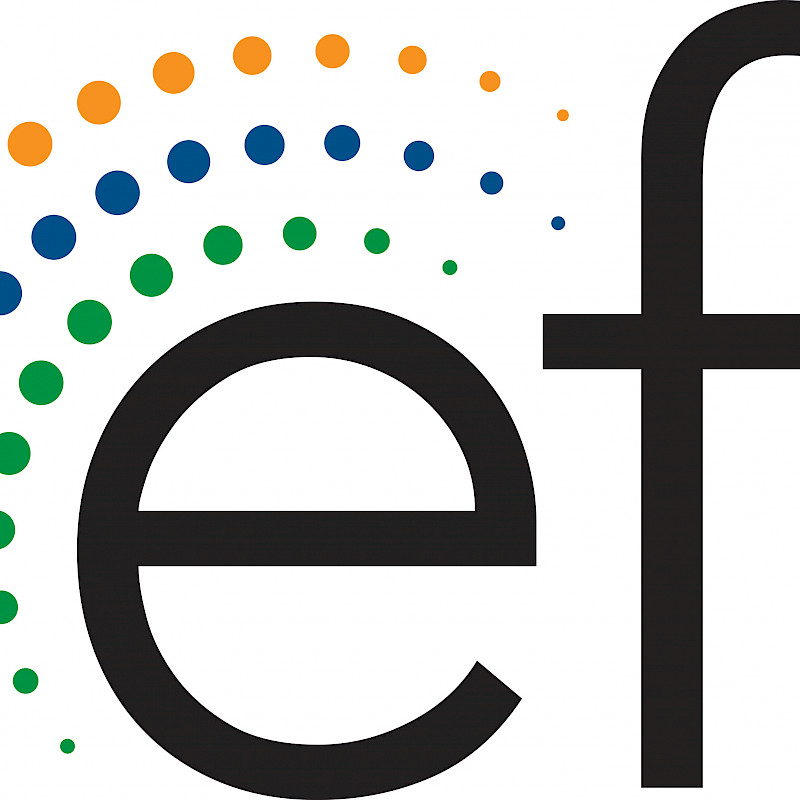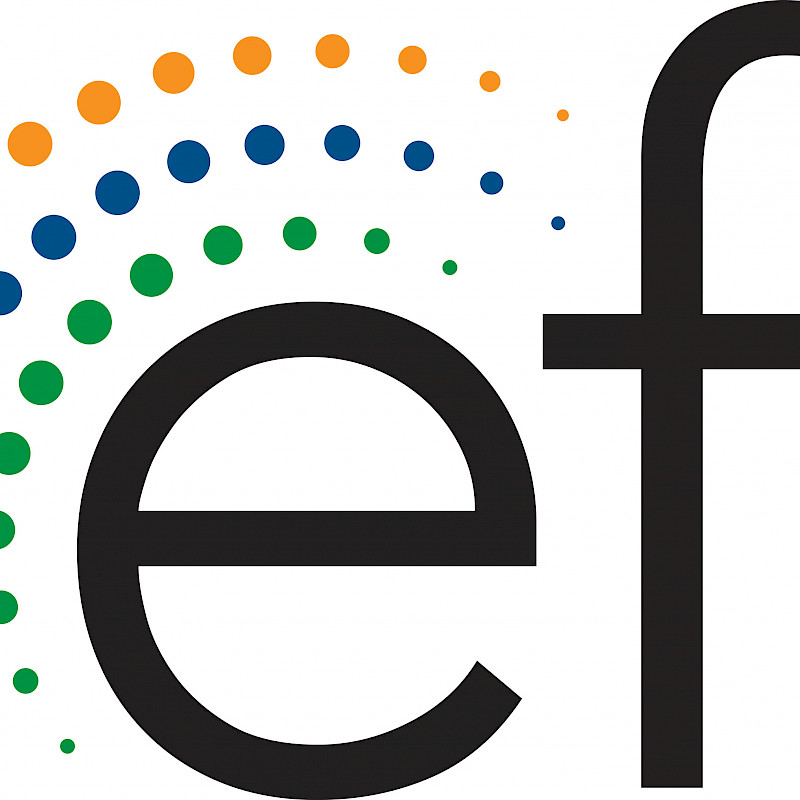Franklin Energy’s Product Division, AM Conservation, Agrees to Acquire Energy Federation, Inc.
Energy Inequality: The Challenges and How Utilities Can Help
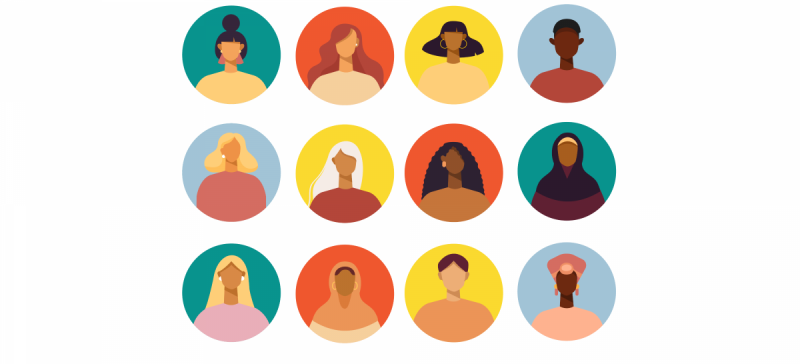 Energy Federation Incorporation
Energy Federation Incorporation
Energy inequality is a growing concern, as access to reliable, affordable energy is becoming increasingly limited for some communities and individuals. This issue can have a significant impact on economic growth, social stability, and the overall well-being of our utility clients' customers. Here are some of the challenges of energy inequality and how utilities can help.
-
Lack of Access: In many communities, there is a lack of access to basic energy services such as electricity, heating, and cooling. This can result in poor quality of life, health problems, and reduced economic opportunities.
-
High Energy Costs: For some households, energy costs can be a significant burden, especially for those living on low incomes or in energy-inefficient homes. This can result in energy poverty, where people are forced to choose between heating their homes and paying for other essential needs.
-
Energy Inefficiency: Many homes and buildings are energy-inefficient, and this can result in higher energy bills and increased carbon emissions. This is particularly true for low-income and elderly households, who are often unable to make the necessary improvements to their homes.
-
Lack of Education: A lack of education and awareness about energy efficiency and renewable energy can prevent communities from taking advantage of available resources and technologies. This can result in missed opportunities to reduce energy costs and improve sustainability.
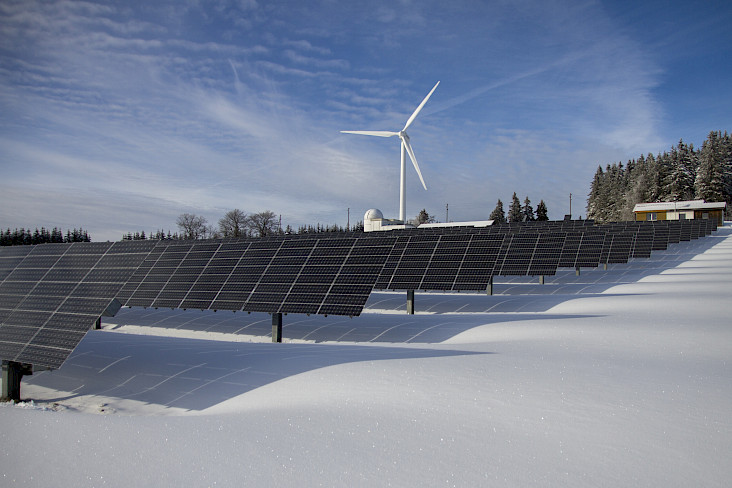
So, how can our utility clients help to address energy inequality?
-
Affordability Programs: Utilities can offer programs and initiatives to help low-income households pay their energy bills and reduce their energy costs. For example, this can include providing energy-efficient appliances and home upgrades, as well as offering flexible payment options. Take a look at how EFI helps!
-
Energy Efficiency Programs: Utilities can implement energy efficiency programs to help customers reduce their energy usage and costs. This can include education and awareness programs, rebates for energy-efficient upgrades, and technical assistance to help customers make their homes and buildings more energy-efficient. Take a look at how EFI helps!
-
Renewable Energy: Utilities can promote the use of renewable energy by offering incentives and financing options for renewable energy projects. This can help to reduce carbon emissions and create new economic opportunities in communities. Take a look at how EFI helps!
-
Community Outreach: Utilities can engage in community outreach and education to help increase awareness about energy efficiency and renewable energy. This can include working with schools, community organizations, and local governments to educate and engage communities in these important issues.
In conclusion, energy inequality is a complex and challenging issue, but utilities have a critical role to play in addressing this problem. By providing access to energy, affordability programs, energy efficiency initiatives, renewable energy options, and community outreach, utilities can help to reduce energy inequality and create a more sustainable and equitable future for all. EFI takes this very seriously as we are driven by our mission to ensure energy efficiency is accessible to all.
Subscribe
Resources
Customer Testimonials
Lets Talk!
Reach your customers & Exceed your goals
Contact EFI